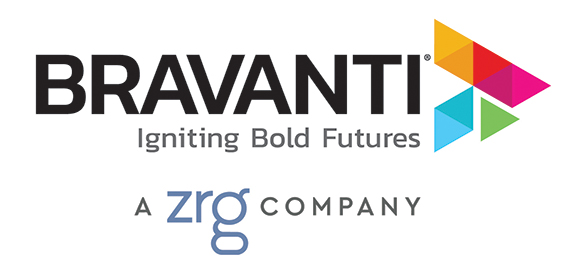By Michael McGowan
Not long ago, I was training a group of leaders on effective presentation, communication, and storytelling skills. While I conveyed the finer points of elocution, a participant raised a question.
“Are you trying to turn me into James Earl Jones?”
While I hadn’t heard it asked quite so vividly, this is the type of question I get a lot from emerging leaders. The inference couldn’t be further from the truth; for business leaders, effective communication hinges on authenticity. Whether it’s in a conference room with four colleagues or an auditorium full of shareholders, the most compelling delivery comes from the genuine, personal connection we feel in one-on-one conversations.
Communication is the most common improvement suggestion in performance evaluations, especially for millennial-generation leaders. Maturing in an era of emojis and hashtags has left many of them intimidated by what feels like the stilted mores of public speaking. I can sense from them that staying true to their genuine selves is a comfort. However, it’s not always easy.
- Nervousness is the biggest barrier to authenticity. Bad communication habits (e.g., filler words, nervous movement, awkward gestures, poor volume and inflection, lack of eye communication and facial animation) can threaten to overshadow even the most heartfelt and potent message. I help participants create a series of one-on-one conversations with their audience to help them relax and deliver messages that resonate.
- People are influenced by stories, not data. Young leaders who grew up with a universe of information at their fingertips often struggle with storytelling. As George Bernard Shaw once said, “The single biggest problem in communication is the illusion that it has already taken place.” While many leaders assume that research is enough to influence others, I coach speakers to craft their data into stories, starting with understanding the audience: what motivates them, what worries them, what enthralls them. Examining every element from the listener’s perspective can be a gateway from data to story.
- It takes time. “If I had more time, I would have written a shorter letter” has been attributed to many famous people, including Blaise Paschal, Mark Twain, and Winston Churchill. This quote rings true for all of us. It’s very easy to write a long, disorganized message that loses one’s audience. Successful business communications require preparation, forethought – and time, not simply cramming in as much data as they can into whatever time they have.
The good news: I’ve found the new generation to be highly coachable, eager to learn and fast on the uptake. I’m confident that the next wave of eloquent, authentic business communicators is on the way.
The content of this piece originally appeared on The SHRM Blog.

